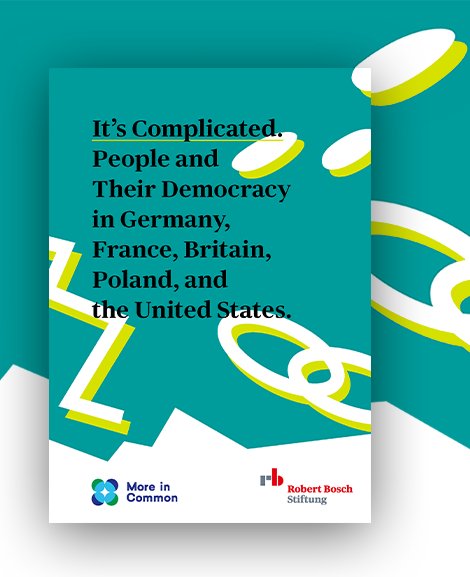Why are we running this project?
The future of democracy cannot be adequately secured if it relies only on a small segment of committed democrats. It must also rely on the support of those who may not currently be active or vocal supporters, but are not opponents of democracy. Concerning the topic of democracy, their concerns, needs, and the challenges they face are often less visible.
What are our goals?
Our aim for this study is firstly to explore the broader societal dynamics around the issue of democracy, while secondly identifying and gaining a better understanding of those in society whose present relationship with democracy is less than solid. We want to know what these people expect from democracy, as well as exactly where we can find starting points for strengthening mutual trust between these people and political and social actors.
How does the project work?
The international representative study was conducted by More in Common on behalf of the Robert Bosch Stiftung. Polling institutes surveyed a total of 10,000 adults across five countries concerning their values and attitudes toward democracy. Segments of the population whose current relationships with their respective national democracy are particularly ambivalent were then identified and described in more detail. The quantitative research was supplemented by qualitative focus groups to deepen and contextualize the results.


